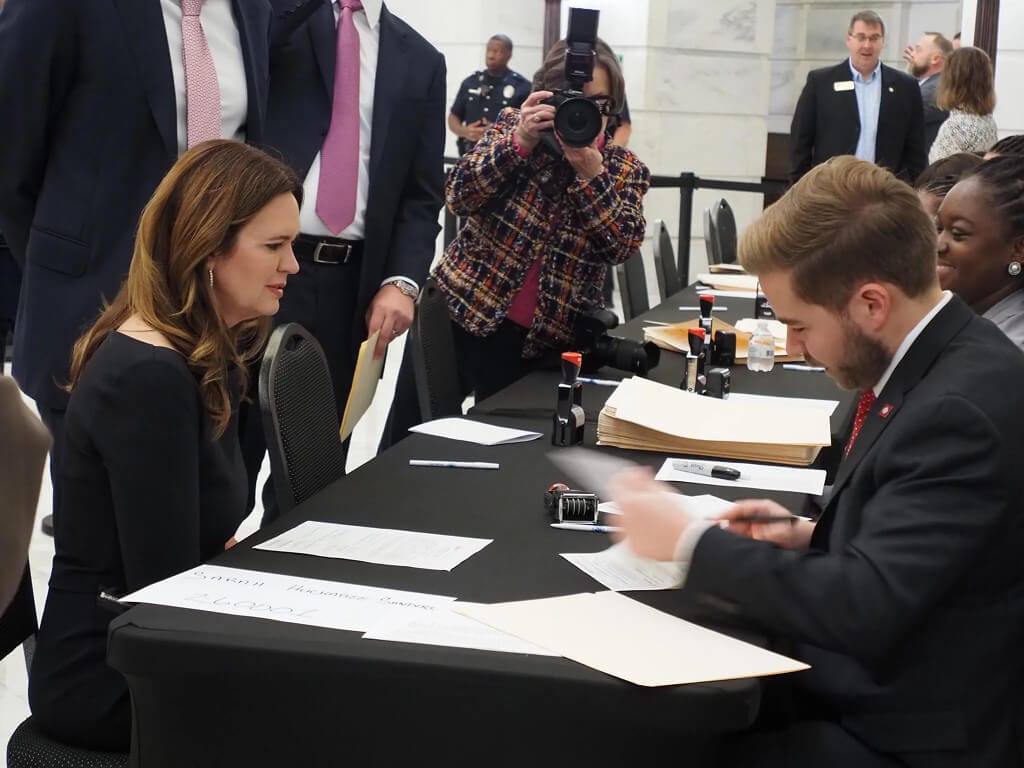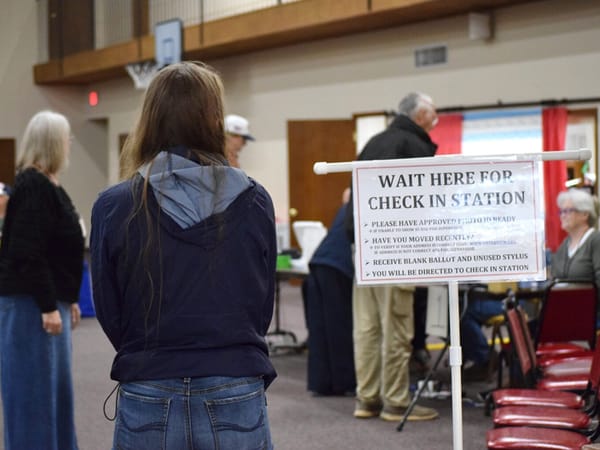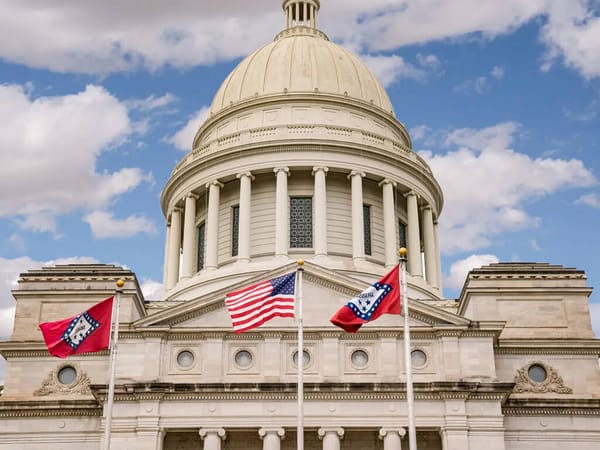Under Court Pressure, Sanders Sets Special Election Dates as Her Objections Persist
Governor Sarah Huckabee Sanders sets new special election dates for two vacant Arkansas legislative seats after court rulings force action, even as she continues to argue that the orders are unlawful.

Finally, the new dates are set. Residents in Senate District 26 and House District 70 no longer need to wait until June for their special elections. Sanders has rescheduled both contests for March 3, 2026, ensuring that residents are not left without representation during key fiscal sessions and major votes. Governor Sarah Huckabee Sanders has now complied with the Arkansas circuit court’s October 31 ruling and issued a proclamation establishing special election dates for State Representative in District 70 and State Senator in District 26. She had taken every possible opportunity to delay the election, but each court rejected her arguments.
After the state Supreme Court declined to grant her a stay, it became clear she would eventually move forward with the ruling, even though some of her staunchest supporters believed she might refuse outright. She waited four days after the Supreme Court’s decision before deciding her next step, but ultimately chose not to continue the fight.
Complying while challenging
Even as she agreed to meet the court’s demands, Sanders continued to argue that the judiciary had overstepped. She said the court had ordered her to set special election dates that would give overseas military voters too little time to return ballots, which she claimed could violate Arkansas law and potentially undermine the election. Sanders added that although she objected to the ruling, she would comply while remaining confident that an appeal would restore her authority to set special election dates. She said the state must ensure elections are free, fair, and secure and that the rights of overseas service members are fully protected.
She described the orders as unlawful, directing most of her criticism at the Pulaski County Circuit Court. Her proclamations also made no mention of the Arkansas Supreme Court’s refusal to grant her request for a delay.
During the hearings, the court rejected her arguments. Election officials testified that the revised schedule was fully workable, and the judge agreed.
The end of a long and unnecessary fight
It did not have to escalate this far, but the delays turned a routine process into a major political dispute. The Senate District 26 special election was caused by the death of Senator Gary Stubblefield, a prominent critic of Sanders’s controversial prison project in his district, on September 2, 2025. Instead of setting a timely election, Sanders scheduled it for after the November 2026 fiscal session, well beyond the legal deadline. State law requires special elections to be held within 150 days to ensure voters are not left without representation, and leaving the seat vacant for more than a year was unprecedented.
The backlash was unusually strong. Even some Republicans and members of the Stubblefield family publicly criticized the delay. Sanders eventually moved the election to June, but that still left the seat empty during the fiscal session. That decision prompted a lawsuit from Franklin County resident Colt Shelby, who argued that the election could be held before committee hearings begin in March 2026.
A Pulaski County judge ruled in Shelby’s favor and delivered sharp comments about representation and basic governance. The judge rejected the administration’s argument that holding an earlier election was unworkable. The Democratic Party of Arkansas filed a separate suit, and the court ultimately ordered that the District 70 special election, which had been delayed in connection with the Senate District 26 timeline, must also occur on March 3, 2026. Sanders appealed, but the Supreme Court declined to intervene.
As a result, both Senate District 26 and House District 70 will now hold their special general elections on March 3, 2026. Plaintiffs welcomed the ruling, and the Democratic Party called it a significant win for democracy and for representation in Arkansas. Chair Marcus Jones noted that local election officials were fully prepared to conduct a secure and orderly vote.
The legal fight has now placed the high profile prison project directly before voters in the upcoming contests. The unwanted delay appears to have backfired on Sanders.
The new timeline
The special general elections for both districts are now scheduled for Tuesday, March 3, 2026. Special primaries will be held on Tuesday, January 6, with a runoff on Tuesday, February 3 if needed.
The filing period opened at noon on November 3, 2025, and closed at noon on November 12. Parties must issue certificates of nomination by noon on February 10, and candidates must file those certificates later the same day. Independent candidates must submit petitions by noon on November 26.
Ballot position drawings for the primary must occur by November 28, and for the general election by February 11. County election boards are required to certify primary results by January 16, runoff results by February 9, and the March 3 general election results by March 13. All other procedures will adhere to standard Arkansas election law.
With the schedule finally set, candidates are stepping up their campaigns, though there is little doubt that the prolonged delay will remain a topic in front of voters.





